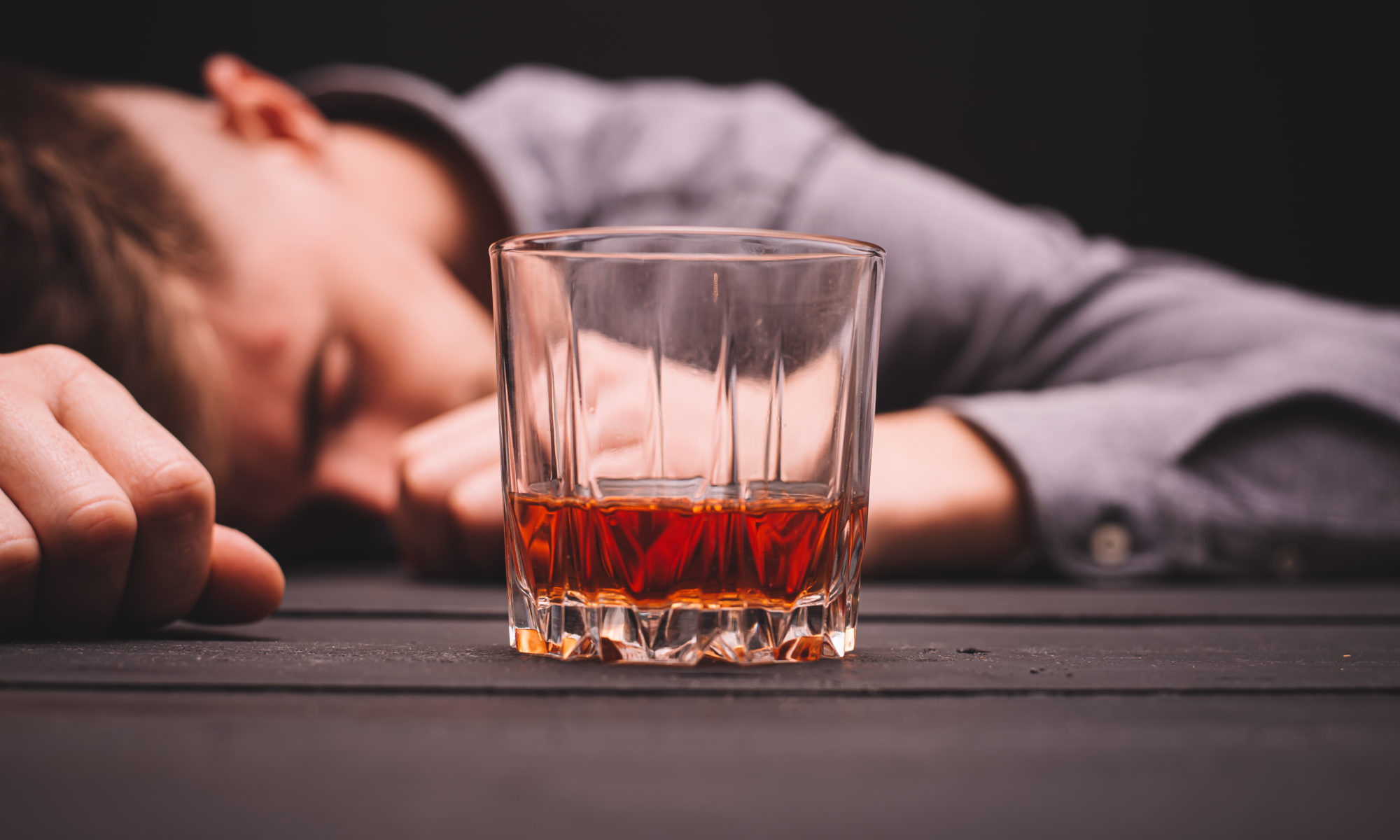What Is Alcoholism?
Alcoholism is an addiction to alcohol. While this explanation sounds simple enough, it can still cause a lot of confusion.
There are different types, levels, and experiences that alcoholics experience.
It’s easy to convince yourself that you’re not an alcoholic if you haven’t experienced financial or relationship troubles, lost your license, or been in an accident while intoxicated.
Alcoholism isn’t always this straightforward.
So, how do you know if you have a problem if it doesn’t look like our overgeneralized idea of what alcoholism is?
We’ll break down the answer to this question throughout the rest of this article.
Am I An Alcoholic?
At some point, many binge drinkers ask themselves: do I have a drinking problem?
Generally, when your drinking reaches the point that you have to ask yourself this, the answer is likely yes.
But we will help you further evaluate and understand this complex concern.
Use, Abuse, Dependence, and Alcoholism

Addictions to alcohol are exceedingly unique for a few different reasons.
First, alcohol is an entirely legal substance, and therefore, generally goes unregulated for those over 21. Second, it is normalized enough to be a staple in most gatherings and celebrations.
When was the last time you attended an office party, holiday gathering, or birthday party where no one had even one drink?
Third, it can be confusing and upsetting to try to understand why some people become addicted and others do not.
So, how do we distinguish normal, healthy alcohol use from abuse, dependence, and alcoholism?
Nearly 18 million American adults have an alcohol use disorder. Every one of these disorders is unique.
They range from mild to severe and are never one-size-fits-all.
But what separates normal use from abuse is the frequency.
What separates abuse from dependence is compulsive use.
Dependence is a key factor in alcoholism, as well. As your body builds a tolerance and dependence, you crave alcohol more.
And you experience additional withdrawal symptoms when you try to stop drinking, too. Withdrawal symptoms are some of the most common red flags.
Alcoholic Stereotypes: What If I Don’t Fit the Mold?
For many years, the media has perpetuated alcoholic stereotypes that aren’t always entirely accurate.
On TV shows and in movies, they all tend to resemble each other.
They’re down on their luck, broke or alone, got fired from their job, or changed course after an accident.
While these situations surely exist, alcoholics come in many other forms that we don’t always acknowledge the way we should.
Addiction is a chronic disease that affects our brain chemistry.
Depending on our medical histories, mental health, and other individual factors, it can affect us in different ways.
High-functioning alcoholics tend to break all the rules associated with alcoholic stereotypes.
Rather than appearing to be at rock bottom, high functioning alcoholics often live relatively normal lives.
They work, often in high-paying jobs, they’re educated, they have families and spouses, and balance daily responsibilities alongside their drinking.
Signs of Alcohol Dependence
So, since alcohol use disorders come in different forms and levels, how do you know if you’re an alcoholic?
There are mild, moderate, and severe alcohol use disorders, alcoholism, and binge drinkers.
At the different stages, many of the signs and symptoms may overlap.
This can cause some confusion. But there are red flags to look for in those with alcohol dependence.
What makes someone an alcoholic is the inability to stop drinking without experiencing cravings and other withdrawal symptoms.
In the next section, we will go over common risk factors for alcohol use disorders.
Causes and Risk Factors for Alcoholism and other Alcohol Use Disorders

Addiction develops from several different pathways. Mental health disorders, genetics, and environment are three of the most significant pathways.
Understanding the risk factors for developing alcoholism can help us avoid or overcome it.
Some of the most common risk factors for alcohol use disorders include:
- Having more than 15 drinks per week if you’re male
- Having more than 12 drinks per week if you’re female
- Having one or more parents with an alcohol use disorder
- Having pre-existing mental health disorder(s), most commonly depression, anxiety, or schizophrenia
- Having a stressful school, work, or home life
- Having low self-esteem
- Having a social circle that prioritizes drinking over all else or pressures others into participation even if they prefer not to drink
Getting Answers and Understanding Your Addiction
It is not always easy to determine if we have a problem or not. The list above offers guidance into how alcohol use disorders develop.
But what do the symptoms look like once it has already developed? One of the first signs is personality changes.
This might mean drinking alone or avoiding daily activities or responsibilities to drink more.
It might mean avoiding gatherings or activities where alcohol is not served, sneaking drinks there or in other inappropriate situations, or hiding your drinking from your loved ones.
Needing more alcohol to get drunk because your body has built a higher tolerance is another sign of trouble.
Another sign is someone lying or becoming defensive, angry, or violent when their drinking is questioned.
Lastly, drinking even after problems arise in your work-life, finances, relationships, or health is another sign of trouble.
If you are looking for additional signs or have unanswered questions, you can take a self-assessment quiz.
Self-Assessment Quizzes
There are three free and confidential online screening tests you can take to better understand your drinking habits:
The CAGE quiz is a good first step in determining whether your habits have become a cause for concern.
Developed from the Diagnostic and Statistical Manual of Mental Disorders, this four-question quiz is an easy starting point.
The MAST test is 22 questions with a simple scoring system at the end.
A score of six or higher indicates hazardous drinking habits or alcohol dependence.
The experts who created the test at the National Council on Alcoholism and Drug Dependence recommend calling a healthcare professional if you score above a six.
The Alcohol Use Disorders Identification Test (AUDIT) is a simple, effective alcohol consumption screening.
This is the most widely used, as it is based on data from a multinational World Health Organization (WHO) study.
Choosing the Right Treatment for Alcoholism

In the same way that there are different types and levels of alcoholism, there are also different types and levels of treatment for it.
What works for one person may not work for another.
That’s why we personalize our treatment programs based on the needs of the individual rather than the needs of the majority.
Best Rehabs In Arizona: A Full Continuum of Care Options
Someone with severe dependence or withdrawal symptoms, little support at home, and a history of relapse might be better suited for an inpatient or residential program.
This gives you 24-hour access to the care, guidance, and support of our expert teams.
In the comfort and safety of our luxury-level facilities, you will work toward your goals through a variety of proven treatment methods.
A few of the most common treatment methods include behavioral therapies, support groups, and holistic remedies.
Someone with a milder addiction, support at home, or full-time work and family obligations that prevent a full-time stay might be better suited for an intensive outpatient program or another option.
But we do not expect our clients to have all the answers before they come to us.
We will work with you to determine which course of action will best fit your addiction and needs.
Because one-size-fits-all solutions are ineffective. We treat each of our clients on an individual basis.
That is the Best Rehabs In Arizona difference. Call us today at (866) 263-1820 to learn more.






